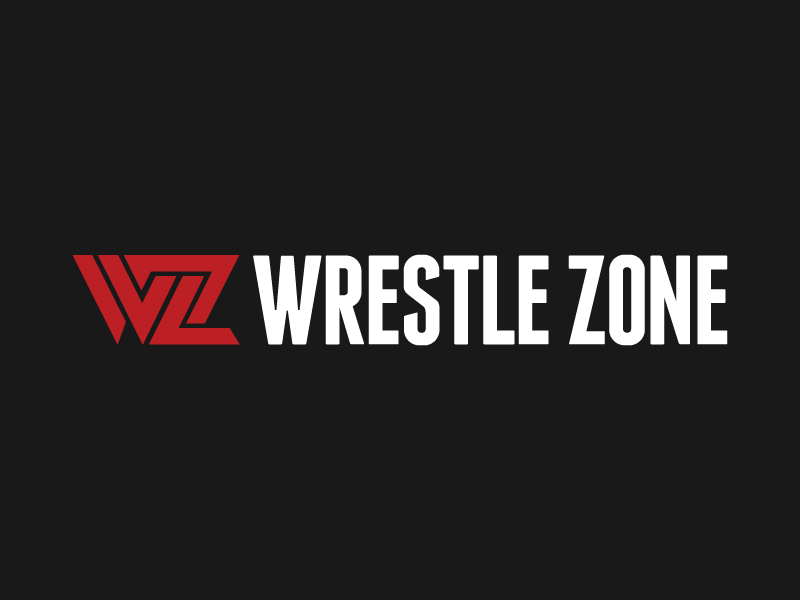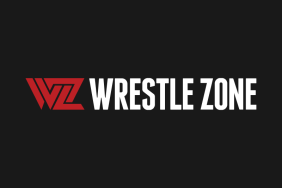He who speaks the most generally knows the least. In which case, a lot of people know very little. Droves of people, one after the other, scramble up the side of the social pile, reach the top, bellow their view to the sky hoping someone somewhere hears it, and then tumble back down the sides to the bottom, only to begin the ascent once more. And all that anyone can hear from anywhere is a dialogue of unevidenced statements, arguments of individuals that rarely relate to each other or the intended matter.
Itâs only natural for humans to profess their thoughts publicly. I think, therefore I am, and the most efficient way of proving this possession of thought is to vocalize it. Or so one would assume. Everyone has equal access to thoughts, the last remaining possession that canât be restricted by economics, race or class. And without the glass ceiling to limit the rise, opinions are only limited by empty air. With such a surplus of thought, there is plenty of chaff to separate from the wheat. Like a wedding ring down a drain pipe, or a discarded antique masterpiece, even under the most mountainous piles of garbage great value is found. And thus modern society is founded on acts of law that enforce the right for some to speak rubbish so others can speak genius.
However separating the two is not as simple. No universal protocol could possibly determine the validity of thought, yet a socially accepted and encouraged process of qualification of thought is one of civilizations great achievements. Education is what sets us apart from the zookept. But also sets us apart from one another. With each step of education; primary, secondary, tertiary, a few more minds and thoughts are jettisoned, until finally, after decades of book trawling, a single voice becomes an expert opinion. Those experts who speak their opinions for a salary, and inhabit the dark outdated offices of the worlds universities. The process itself is shaky, to gain knowledge, one must borrow and argue that of past experts, who (if the system is consistent through history) presumably borrowed their thoughts from a predeceasing expert. Furthermore, in the confines of this chain, little time is wasted on fresh untested thought that canât be referenced or footnoted, which would have started the chain that has led to now.
And in most cases this is perfectly functional. Arts such as sociology, anthropology and philosophy discuss concepts and ideas that have existed since humans were capable of speech and interaction. But a newfound breed of academics have begun to embrace and explain popular culture, dissecting entertainment, looking for and finding potential cancerous byproducts, and then pass their hypothetical findings and commentary to the public who react in the only way they know how, panic.
Like curious cavemen, academics poke and prod anything new; automatically assuming itâs of grave danger, because its existence may upset the divine state knowledge has been maintained in for decades and centuries. They then exploit their benefits of the symbiotic relationship with the newsmedia, by providing them information sensational enough to keep families watching, but frightening enough for the families to modify their life and opinions around the newfound evil, and thus renewing respect in the expertâs importance. These are referred to as moral panics. And chances are you fall victim to a new one every week.
Professional wrestling was once a moral panic. One so frightening that family groups were putting it on par with white supremacy and satanic orgies.
It came during the decline of the Monday night wars, where the academics were expectedly late on the uptake of a new trend. The concern? Children imitating the âlife threatening stuntsâ that these âreckless maniacsâ pass off as reality to unbeknownst teens, and soiling their pristine childhood innocence with images of scantily clad sexbunnies writhing with one another.
At the time, programs such as Dateline ran stories driven by testimonials of concerned and bewildered parents, naysaying child psychologists, and snippets of home videos where teens reveled in launching themselves off roofs, crushing light bulbs with their skulls, and generally employing anything as a weapon except their brain. A moral panic was ignited in quiet suburbia, and blazed throughout every house and neighborhood. The news accused, Parents groups lobbied, and the wrestling companies defending themselves. Various adjustments were made in response, raising the rating, âdonât try this at homeâ warnings, and vocal condemnation of backyard wrestling. Within in minutes the storm passed to another topic (probably childhood obesity) and wrestling was allowed to resume business unhindered.
This was almost a decade ago. In hindsight, itâs obvious that the violence of wrestling was no more inspirational than that of movies, music or news despite it seeming like meaningless carnage to the uneducated. What makes the whole scene all the more ludicrous is that professional wrestling originated in the World War era, and the many years since mean that several generations have survived the supposedly violent anarchy that it encourages. But no one chose to report this, no one chose to find this out, no one researched beyond the obvious and apparent. Everyone spoke. Everyone kept speaking. As though it was fact.
Like most popular media, professional wrestling is a beast of no breed. It exists as itself, largely independent of world standards of genre, but rather creating, following and challenging its own conventions. Because of this, knowledge of other programming is useless, if not distracting, when commentating and analyzing wrestling and its stars. And with the vast spectrum of acquired knowledge possessed by academics and journalists, such respected professionals are in no way qualified to relay information to the public about the sport. Especially the negative side effects.
Professional wrestling was first inappropriately examined under the academic microscope in the mid 50s, as part of the increasing interest in studying the media. The first to do so was Barthes, a now prolific theorist in the media culture, whose exploration of frivolous entertainment spawned armies of bespectacled followers. But just as his work was being published, an anonymous wrestler sent him a letter. It said:
âIf you plan to write about Pro. Wrestling and want to be absolutely correct, my advice would be to forget it.â
Even before anything was said, those who knew about wrestling knew that others didnât.
Does this mean that amateur wrestling journalism, what you use to interact with the sport more closely, is equally as meaningless? Not quite. In the defense of the ever-maligned internet wrestling community, they know wrestling. If watching quantities that rival full time work counts as study, the internet wrestling scene is a debate of professors and doctors in their field. Not formal, but practical knowledge.
Granted, no one is capable of knowing the business as thoroughly as someone who spends their life within it, and such internal knowledge, such as the physical mechanics, should always be left to the professionals. However, opinions of external importance should be left to professionals also. Professionals who happen to tap keyboards rather than the mat. Who, like their role models, have no need to bury themselves in books to become the best at what they do. The fans, stuck atop the fourth wall, have a perfect view of what something is supposed to look like, and how it actually does. A position that can only be held by those who force themselves into the production, but remain the primary consumers of the product they are helping produce.
Be it the epicenters of wrestling news that fuel the multiplication of news sites, the columnists, or simply a semi-active member of a forum, each participant is an expert. While there may be differing degrees of expertise as oneâs experience develops and diversifies, the majority of fans have a functional knowledge of wrestling far greater than any journalist or academic think they might have. And thus, are far more justified in critiquing the business and its flaws.
There is one big glaring area of inconsistency; the Internet wrestling community is responsible for moral panics just as often as other media outlets are. If not more so. Week after week, a single news item or rumour will set forums ablaze, spread within minutes, until for the next few days, columnists, reporters and fans, canât seem to find anything else to chatter about. By the next week it will have subdued, while another situation flares. But in the brief moments of crisis peak, it seems that whatever occurred would have brought wrestlings apocalypse. But it never does. So, why if our knowledge is more thorough than that of the media, do we suffer the same propensity for irrational panic attacks? Just like the media, to keep us interested. Weekly logic seizures allow the opinion swirling about the business to remain fresh and unpredictable, while retaining a reason to be involved and informed by it. Sometimes the world has to come crashing down for it to live till next week. A premise that the news has perfected over its development. But the only difference between wrestling fan panic and news wrestling panic is that the moral panics of news is fueled by fear, fear of the new, fear of the untested, fear of something we have no control over. While that which grows from the forums is driven by importance. Every time the common interest of everyone is at risk, it creates unity in an otherwise fractured and hostile platform for opinions. If there were no great events for everyone to agree and debate upon, opinions would continue growing farther and farther apart until the internet wrestling community separated itself into factions, and balanced discussion would go the way of tag ropes.
So while outsiders may pass off the masses of people, who speak through keyboards about something that it is fake and made for children, as juvenile and not worthy of even three minutes of fame, these juveniles are far more qualified to be speaking than those who get paid for it.
Ten years later there are no mass graves of kids who met their demise on backyard canvas, nor hospital wards engorged with impalings, maimings, spinal injuries, nor missing limbs and appendages. Regardless of how ominous it may have seemed at the time. It is one of many cases, that in hindsight, was just a lot of hot air that someone called a storm and everyone agreed. The whole time those truly in the know took no notice, and were taken no notice of for being â~amateursâ. Remember, the next time the news adopt a campaign against an âepidemicâ, like professional wrestling, itâs those who arenât speaking that know the truth, and those who are speaking, are trying to find it. Unsuccessfully.
Itâs all fun and games until someone tells you youâre going to lose an eye.
If you would like to contact me, my email is [email protected].
Over and Out
Jim âThe Butcherâ Browne





